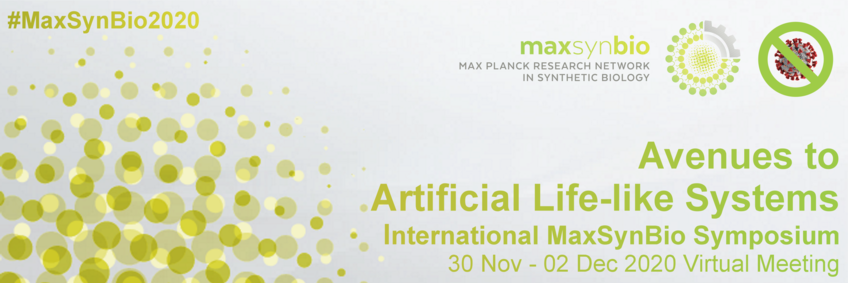
Linda Broadbelt
Northwestern University, Evanston, USA
Guest Speaker

Linda Broadbelt is Sarah Rebecca Roland Professor in the Department of Chemical and Biological Engineering (ChBE) and Associate Dean for Research of Engineering at Northwestern University. She was Chair of the Department of ChBE from 2009-2017. Her research and teaching interests are in multiscale modeling, complex kinetics modeling, catalysis, novel biochemical pathways, and polymerization/depolymerization kinetics. She served as the Past Chair, Chair, First Vice Chair and Second Vice Chair of the Catalysis and Reaction Engineering Division of AIChE, and also served on the Executive Board of the National Program Committee of AIChE. She is currently an Associate Editor for Industrial &Engineering Chemistry Research. Her honors include selection as the winner of the R.H. Wilhelm Award in Chemical Reaction Engineering from AIChE, the E.V. Murphree Award in Industrial Chemistry and Engineering from the American Chemical Society, the Dorothy Ann and Clarence Ver Steeg Award, a CAREER Award from the National Science Foundation, and an AIChE Women’s Initiative Committee Mentorship Excellence Award, and selection as a Fellow of the American Association for the Advancement of Science, a Fellow of AIChE, a Fellow of AIMBE, and a Fulbright Distinguished Scholar. She was elected to the National Academy of Engineering in 2019.
Northwestern University, Evanston, Illinois, USA
Keynote presentation: The Confluence of Kinetic Modeling and Data Science - Novel Biochemical Pathways and Bioprivileged Molecules
Session "Metabolic Engineering" | Tuesday, 1 Dec, 17:00 - 17:30 CET
Abstract: Reaction pathway analysis and kinetic modeling are powerful tools to design novel routes to chemicals, identify optimal processing conditions, and suggest catalyst design strategies. We have developed methods for the assembly of kinetic models of substantive detail that link the atomic and process scales. We have applied our methodology to seemingly very disparate chemistries, yet applying a common methodology reveals that there are many ubiquitous features of complex reaction networks for chemical and biological systems. The first part of this talk will focus on an approach based on generalized reaction operators gleaned from known biochemical reactions but leveraging the concept of enzyme promiscuity, leading to the potential for the design of novel (bio)chemical pathways. However, the design of novel pathways was carried out in the absence of any quantitative kinetic modeling, raising the intriguing question of whether data science approaches alone are sufficient to understand complex reaction networks. We demonstrate the application of data science methods to identify potential bioprivileged molecules, that is, molecules that are accessible from biological feedstocks and processes and serve as candidates for conversion to a full range of attractive products via selective chemical catalytic chemistries. Intriguingly, the ranking of potential bioprivileged molecules relies on unfurling potential reaction pathways from the candidate molecule to products of interest and calls for quantitative comparisons of kinetics, which demonstrates the confluence of kinetic modeling and data science and their symbiotic relationship. The talk will close with a summary of efforts to develop methods for kinetic modeling, i.e., ensemble modeling, of metabolic networks.
